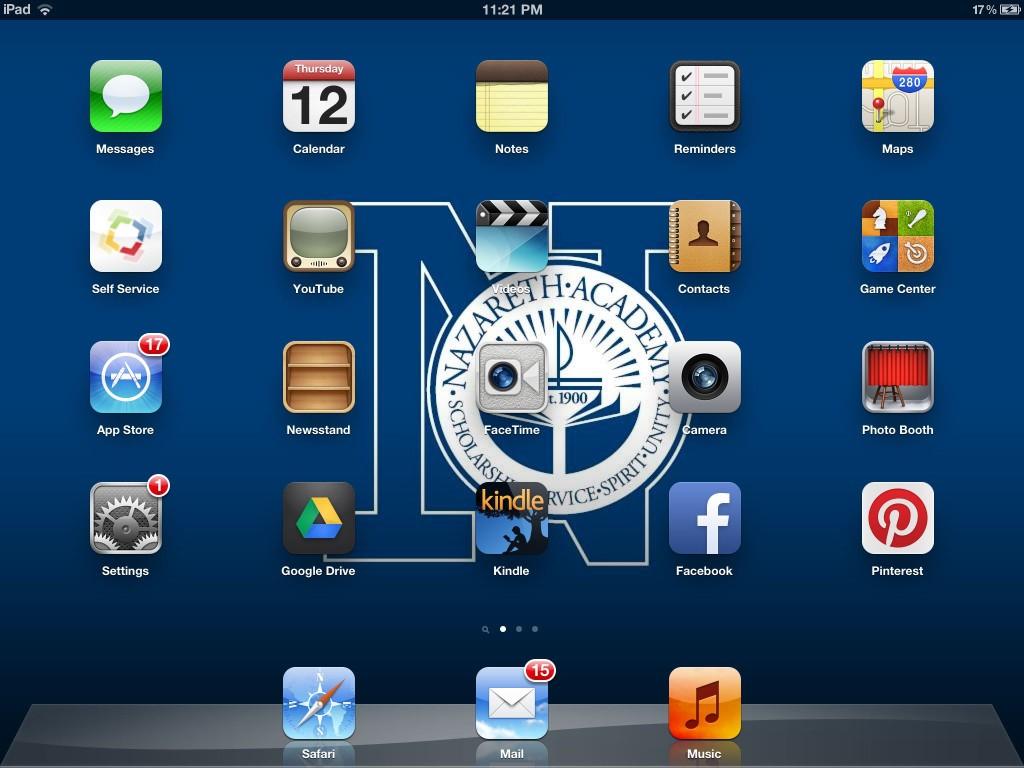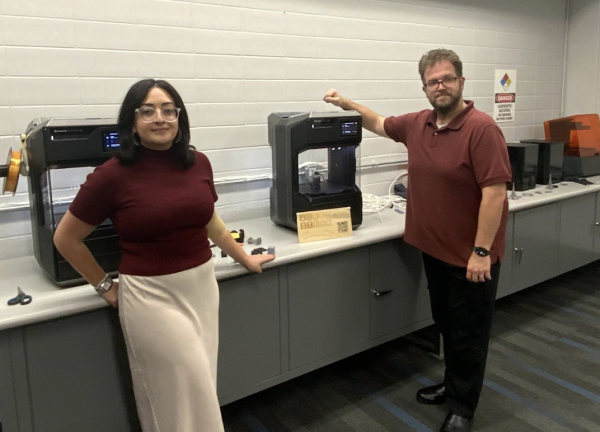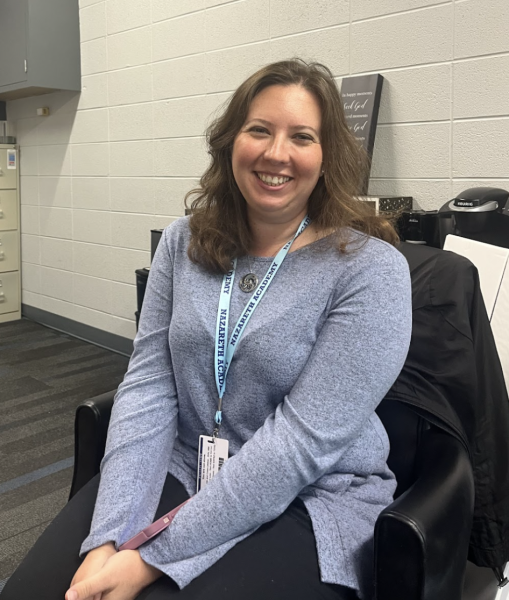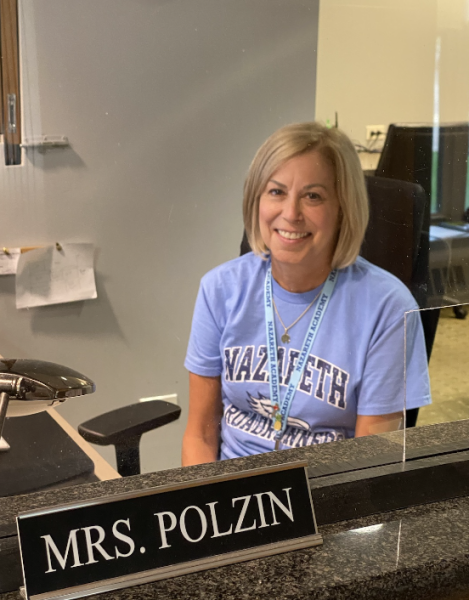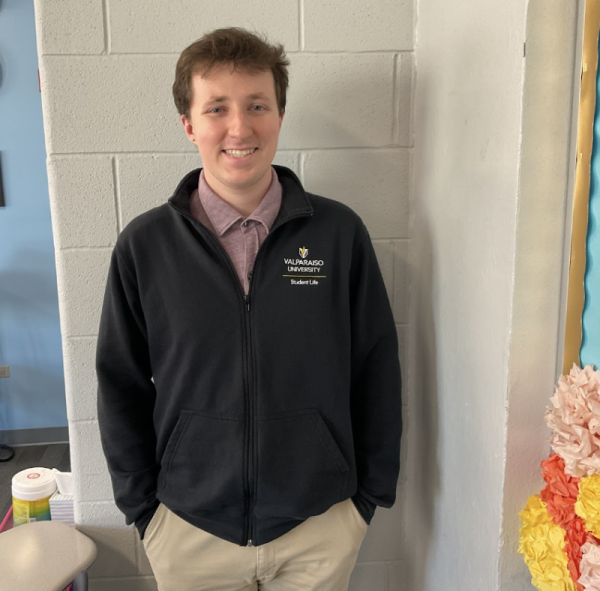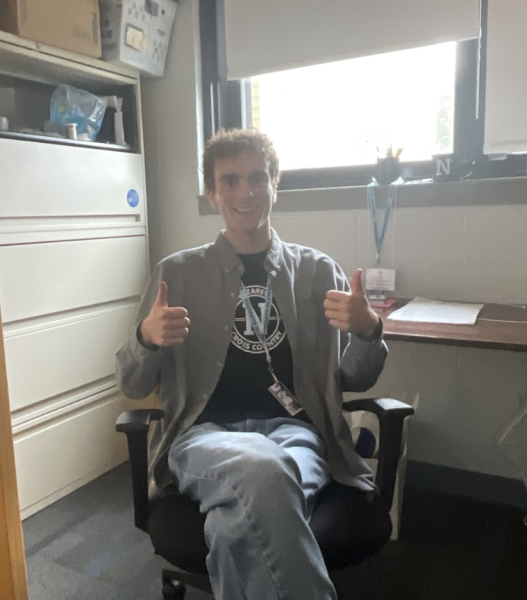New concerns in age of social media
September 9, 2013
Facebook, Twitter, Instagram, Vine, Pinterest, Reddit. These are just a few of the major online social networking sites that have sprung up in recent years and have become the most popular ways to communicate.
But now that there are more and more ways to share information, pictures, videos, personal thoughts, and ideas, the more and more ways there are for people to see and access them, and the less secure social media becomes.
At the start of this school year, Nazareth administration and faculty wasted no time addressing the students about the growing concerns over online and social networking privacy and safety. On the second day of school, all students–seniors and juniors were in the auditorium while sophomores were in the Dining Hall–watched a powerpoint presentation on responsible online citizenship–a presentation that freshmen viewed during orientation.
The discussion of digital citizenship was prompted by a new policy called Bring Your Own Device (BYOD). This policy allows students to bring in various electronic devices including iPads, eReaders, cell phones (which students can use now in study hall), and laptops that can now be used in the classroom.
The presentation stressed how important it is for students to be conscious of what they post online and how, depending on what they post, there can be negative consequences. It posed a very important question for students to consider while they are online: “Would you feel comfortable showing what you post and say online to Mrs. Tracy, your parents, or your teachers?” If the answer is no, you probably shouldn’t post it.
When asked about the increasing use of social media, senior Renee Sone said, “I feel social media has its ups and downs. It keeps people up to date about current events and issues. However, cyber bullying is an increasing problem. People can say things they would never say in person”.
Fellow senior Maura Nicholson expressed similar sentiments: “I feel it’s a good way to connect with family and friends but it is usually abused. Most people become too attached to it and it’s way too easy to post something ignorant or inappropriate for everyone to see”.
These answers echoed many of the concerns expressed in the presentation last Tuesday, but despite the repeated warnings of parents and teachers, many people are still unaware of the consequences of their actions online.
For high school students who wish to apply to college or are already doing so, they need to take care not to post any illegal activities or to like any pages that condone illegal activities, such as underage drinking, before applying. During the application process, more and more colleges are now looking up their prospective students online to see what kind of students they are considering admitting into their school.
It is more common nowadays to hear stories about people who have been fired from their jobs or rejected for a position because of what they post online. Additionally, cyberbullying is an ever growing problem that gives rise to new challenges for authority because it does not happen face to face where they can easily watch for it. People feel much freer to say whatever they want online, with no regards to the emotional damage or consequences they can cause others.
In all, social media can be a great tool to communicate with friends, reconnect with old friends, exchange ideas, keep up with current events, etc., but more often than not it is abused.
It cannot be stressed enough how increasingly important it is to teach teenagers and young adults the importance of being aware of what they say and do online and to touch upon all the possible consequences. If you wouldn’t say or do it in person, don’t say or do it online.

